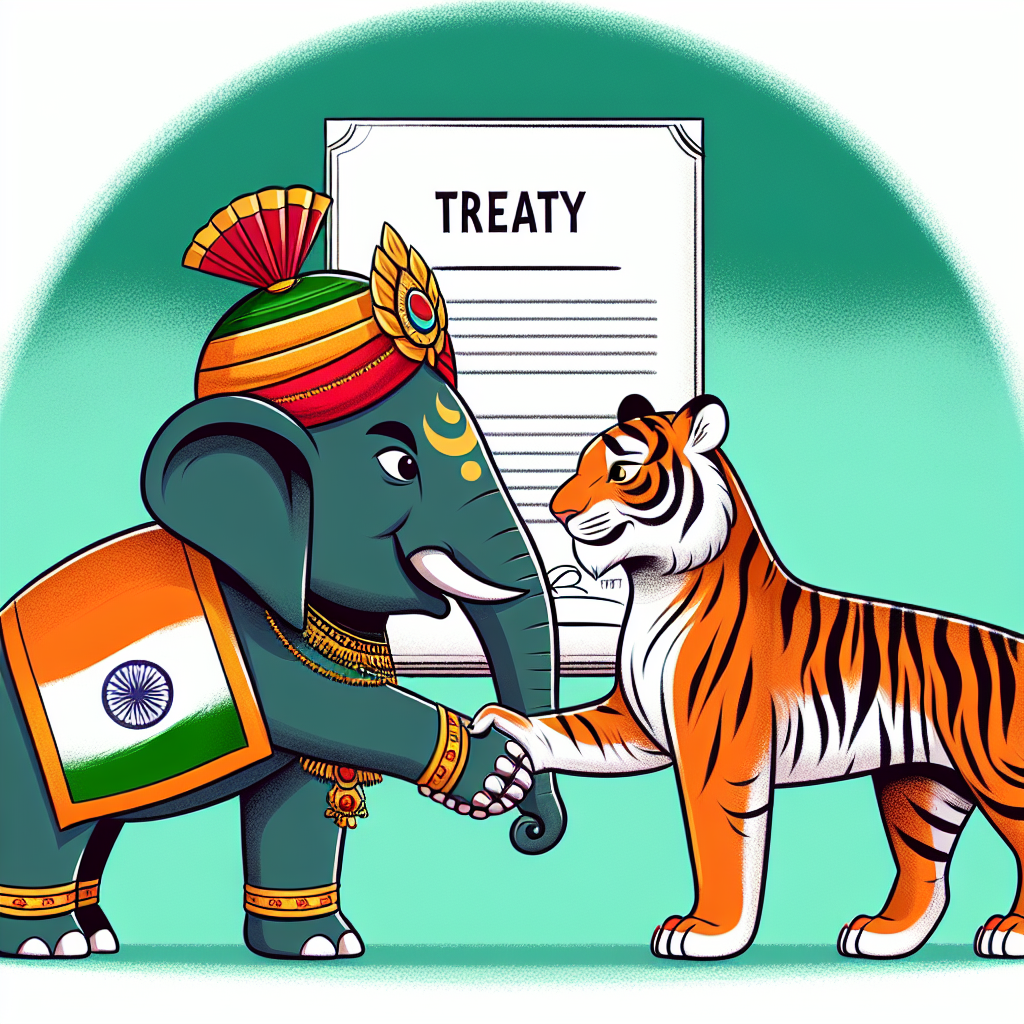Stalemate in Treaty Talks: The Global Plastic Pollution Crisis
Negotiators in South Korea were unable to finalize a treaty addressing global plastic pollution, delaying discussions until next year. The main issues include reducing overall plastic use and imposing strict controls on toxic chemicals. Some nations oppose changes, seeking consensus for an effective treaty covering production, recycling, and chemicals.

- Country:
- South Korea
In South Korea, negotiators have hit a roadblock in drafting a vital treaty to combat global plastic pollution. A week-long session in Busan concluded without agreement, necessitating further negotiations next year. The treaty aims to be the first legally binding international agreement addressing plastic pollution, including within oceans, by the end of 2024.
The core disagreements lie in whether to significantly reduce global plastic production and enforce legally binding limits on hazardous chemicals used in plastics production. While over 100 countries advocate for such measures, some plastic-producing states and oil-dependent nations find this stance unacceptable.
The session ended with numerous unresolved issues, leaving delegates grappling with sections of the treaty deemed too diluted. The discussions highlighted divisions among countries on production limits and treaty policies, underscoring the intricate balance required to reach a global agreement.
(With inputs from agencies.)










